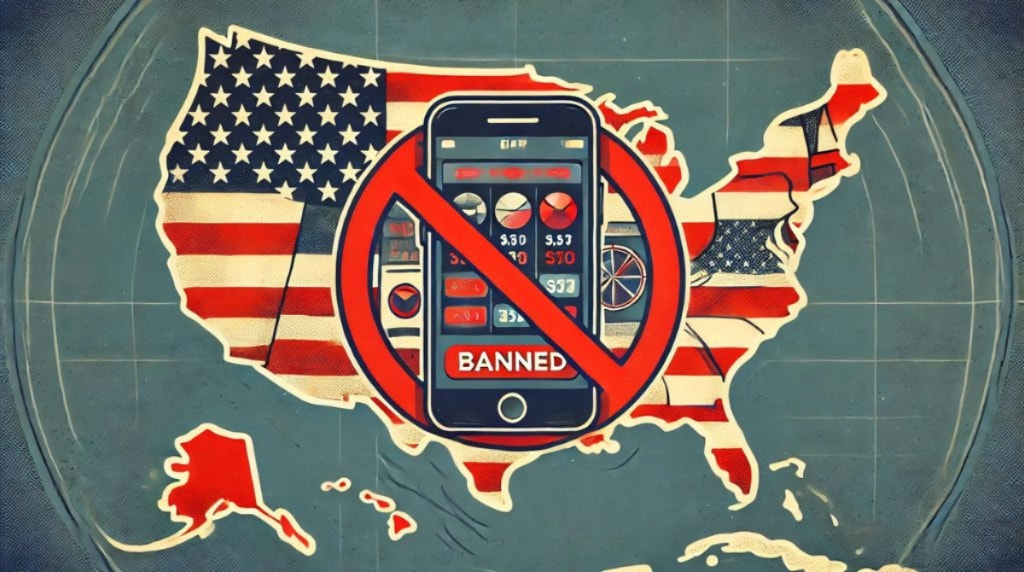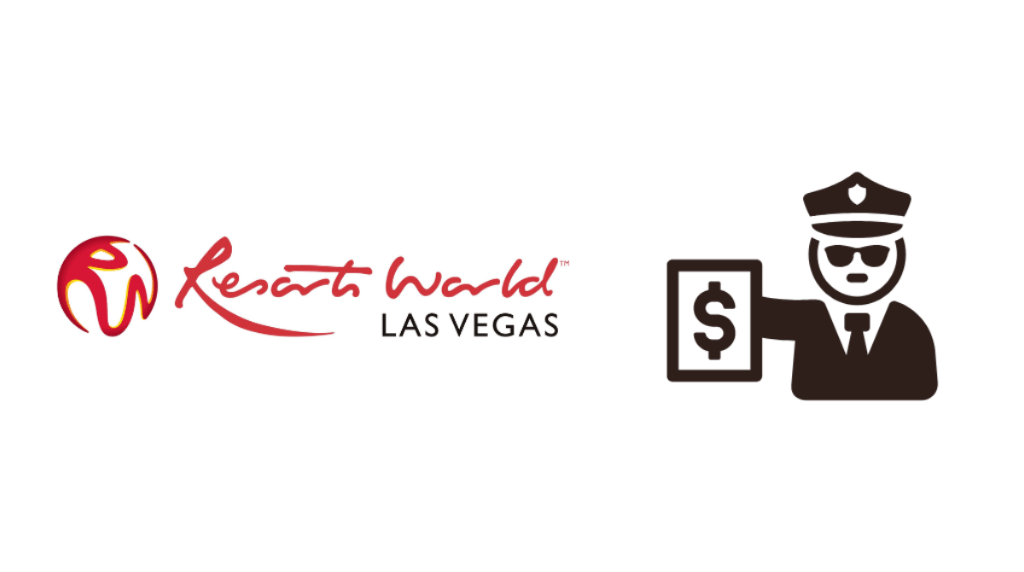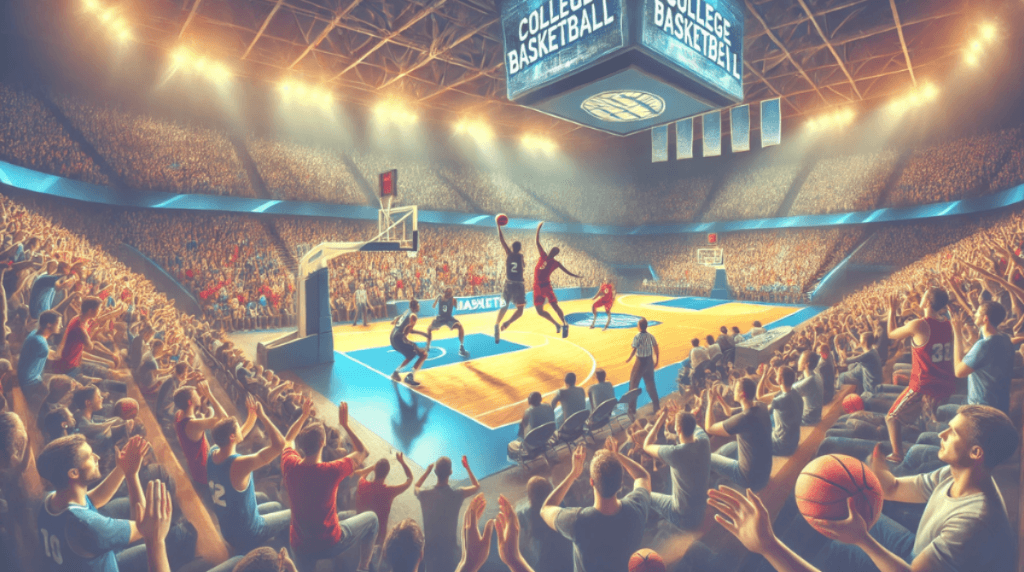NCLGS Drafts Language to Urge Ban on Sweepstakes Mobile Apps
The National Council of Legislators from Gambling States (NCLGS) has taken a firm stance against sweepstakes games, calling on states to ban these controversial platforms. Meeting recently to refine their policy goals, the NCLGS voted to draft language for their Model Internet Gaming Act that explicitly classifies these apps as “illegal gambling.”

NCLGS proposes ban on online sweepstakes gaming apps.
This development is part of a broader push by the organization to streamline and modernize gaming regulation across the United States.
The Rise of Sweepstakes Games
Sweepstakes apps like Fliff, Sportzino, and Dabble have gained popularity, especially in states such as California, where traditional sports betting apps remain illegal.
These platforms operate in legal gray areas, allowing users to place wagers not with actual money but with tokens such as “coins.” Players use these tokens to predict sports outcomes, such as how a team or athlete might perform.
While these tokens don’t directly translate to monetary bets, many sweepstakes apps include casino-style products such as slots, further blurring the line between traditional gambling and their purported non-gambling model. Critics argue that the mechanics of these apps mimic gambling so closely that they should fall under the same regulatory framework.
A Legal Loophole
The NCLGS views sweepstakes games as workaround products that exploit gaps in current gambling laws. By not explicitly using money for wagers, these platforms avoid being classified as traditional gambling entities. Yet, their structure and gameplay often mirror those of legal sports betting and casino apps, causing concern among regulators and lawmakers.
Recognizing these challenges, the NCLGS has proposed a sweeping prohibition on sweepstakes games as part of their Model Internet Gaming Act. They hope this model legislation will encourage states to close loopholes and crack down on what they see as unregulated gambling.
Proposed Penalties for Violators
In their proposed guidelines, the NCLGS recommends significant penalties for operators that defy the ban. Fines could range from $10,000 to $100,000, with repeat offenders facing additional legal consequences. This aggressive approach underscores the organization’s commitment to establishing a more uniform and transparent regulatory environment.
The Broader Vision of the Model Internet Gaming Act
The push to ban sweepstakes games is only one part of the NCLGS’s broader vision for the Model Internet Gaming Act. This initiative seeks to provide states with a comprehensive framework for regulating online gambling.
Among its provisions is a proposed tax rate on gaming operators, ranging from 15% to 25% of revenue. The act also includes recommendations for safer gambling measures, anti-money laundering protocols, and clear guidelines for licensing operators.
Public Input Encouraged
The NCLGS has opened a public consultation period, inviting comments on the proposed ban and other aspects of the Model Internet Gaming Act. Stakeholders and interested parties have until December 31 to provide feedback, after which the council will finalize its recommendations.
As sweepstakes games continue to grow in popularity, particularly in states with limited gambling options, the NCLGS’s move to curtail these platforms highlights the ongoing tension between innovation in the gaming industry and the need for robust regulation.
Whether states will adopt the proposed ban remains to be seen, but the council’s actions mark a significant step in redefining the boundaries of legal gaming.
State Regulators Wrestle With a Changing Gaming Landscape
The debate over sweepstakes is emblematic of a broader regulatory challenge facing state governments. From traditional lotteries and sports betting to online casinos and newer gaming innovations, regulators are grappling with how to strike the right balance between promoting economic growth and protecting consumers.
In some states, aggressive action has already been taken against unregulated gaming markets. Enforcement measures range from outright bans on certain gaming formats to stricter advertising rules and enhanced consumer protections.
For instance, sports betting legislation in many states now includes rigorous provisions on advertising and data transparency, reflecting lessons learned from the more loosely regulated sweepstakes sector.
Online casino operators are also being held to higher standards, with states adopting stricter monitoring requirements and player safeguards. Meanwhile, traditional lotteries are adapting to digital platforms, raising new questions about oversight in an increasingly interconnected gaming environment.
As the NCLGS pushes for a standardized regulatory framework, the fate of the sweepstakes sector hangs in the balance. While the proposed ban is just one component of the broader Model Internet Gaming Act, it signals a decisive shift in how policymakers view and address controversial gaming models.
The coming months will be pivotal as public consultations conclude and state legislatures consider adopting the NCLGS recommendations. Whether this marks the end of sweepstakes or merely the beginning of another round of legal battles remains to be seen.




